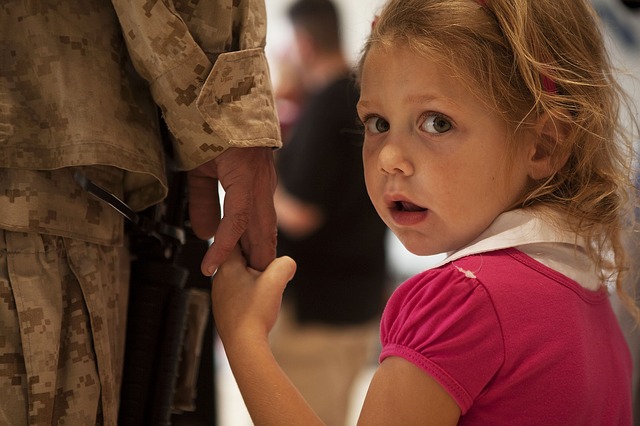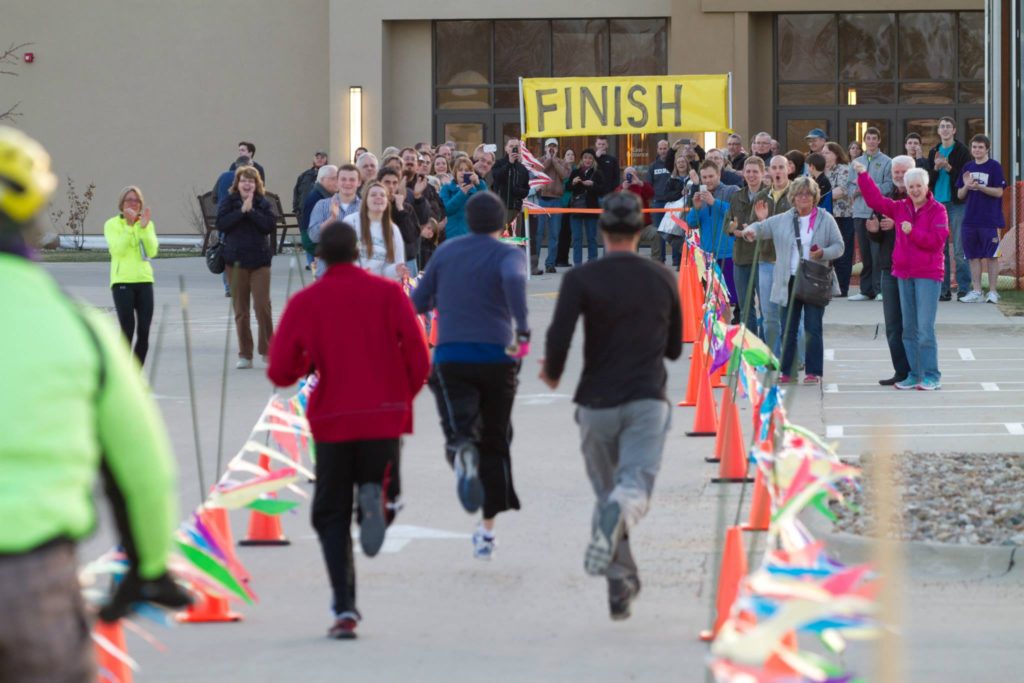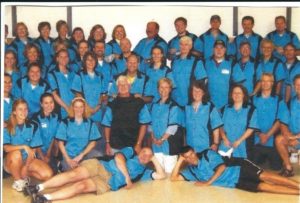Cindy and I visited a church this past Sunday that I just have to blog about.
Now that I’m no longer working on Sundays, we’ve been free to experience a variety of eastern Iowa churches over the past 8 months. We have loved seeing the vast array of Christian expressions among these faith communities–different styles of worship styles, outreach passions, ministry strengths, and various ways of connecting people to God.
Sunday brought us to a predominantly African American church–we were two of only five Caucasians present. We had been hoping for a unique cultural experience and it did not disappoint!
During the 2 1/4 hour service we enjoyed the passionate, biblically-sound preaching, the friendliness of the congregation (hugs included), communion, and the exuberant music. But the thing that struck me most was the overwhelming sense of elation that permeated the room during worship. These people were deeply grateful for God’s blessings in their lives to the point of being literally overcome with joy. At times, some danced, some shouted, and some praised God very LOUDLY, without any pretense or self-consciousness. At one point an older lady even did what I would describe as “one person conga line” around the sanctuary! She simply couldn’t help but be so animated at the goodness of the Lord!
 My mind raced back to Publishers Clearinghouse Sweepstakes commercials I had seen as a kid, where the TV “Prize Patrol” would arrive at the doorsteps of unsuspecting residents to announce that they had just won a million dollars. It was always fun to watch the family go bananas over this totally unexpected news: jumping, screaming, speechlessness, dancing, laughing, falling to their knees, etc. Just like the people in church on Sunday. Outlandish. Over-the-top. Undignified even.
My mind raced back to Publishers Clearinghouse Sweepstakes commercials I had seen as a kid, where the TV “Prize Patrol” would arrive at the doorsteps of unsuspecting residents to announce that they had just won a million dollars. It was always fun to watch the family go bananas over this totally unexpected news: jumping, screaming, speechlessness, dancing, laughing, falling to their knees, etc. Just like the people in church on Sunday. Outlandish. Over-the-top. Undignified even.
Observing all of this, it occurred to me that those of us who are more reserved in our worship are actually the ones who are deficient. What if the “Prize Patrol” came to the door and the family responded with a yawn? It could only mean that either (1) they didn’t understand the magnitude of the gift or (2) that they didn’t believe it was really a free gift intended for them. Because if they had any understanding at all of how this million dollar gift would transform everything about their lives, their response would have been anything but emotionless!
Seeing these exuberant worshippers on Sunday reminded me of one of the best youth group lessons I ever gave — over eleven years ago. On that day, I called up one of the kids and proceeded to give her thousands of dollars in front of the group. The story is worth reading. The point of my lesson was that the magnitude of God’s personal blessings to us makes us trillionaires. And undeserving, newly-made trillionaires should respond with nothing less than outlandish gratefulness.
Something’s wrong with me when my gratitude to God is emotionless. And I’m thankful for how those worshippers on Sunday modeled to me something I need to work on!







 Today I crossed the finish line of a very long race and am about to start another.
Today I crossed the finish line of a very long race and am about to start another.
